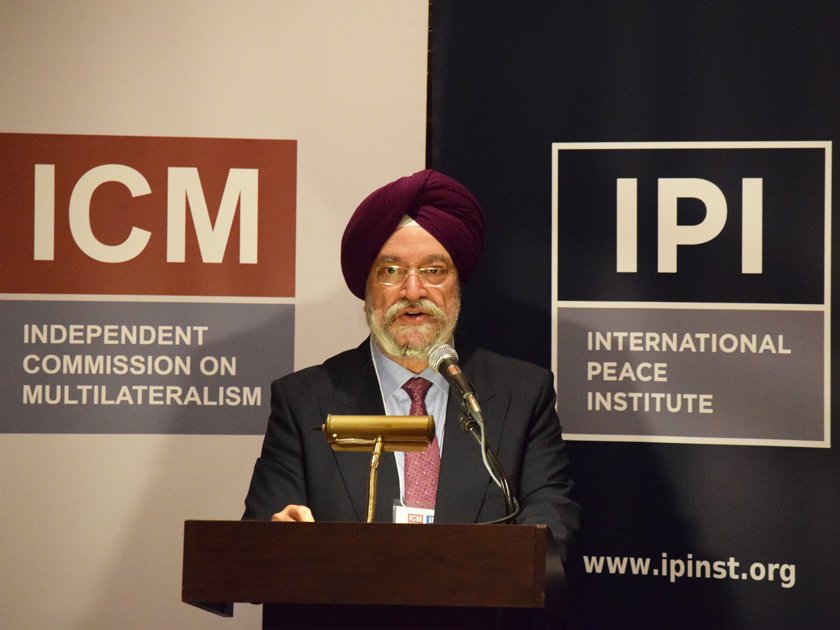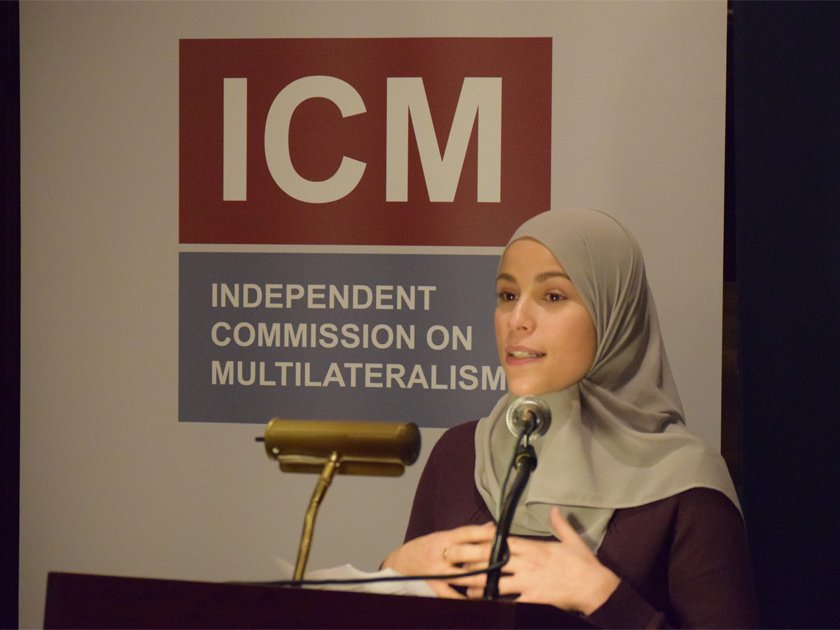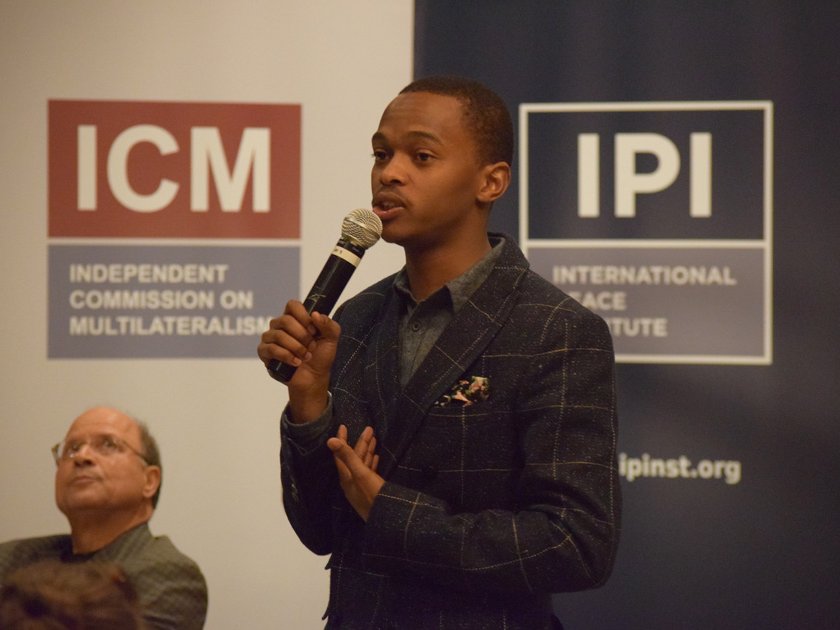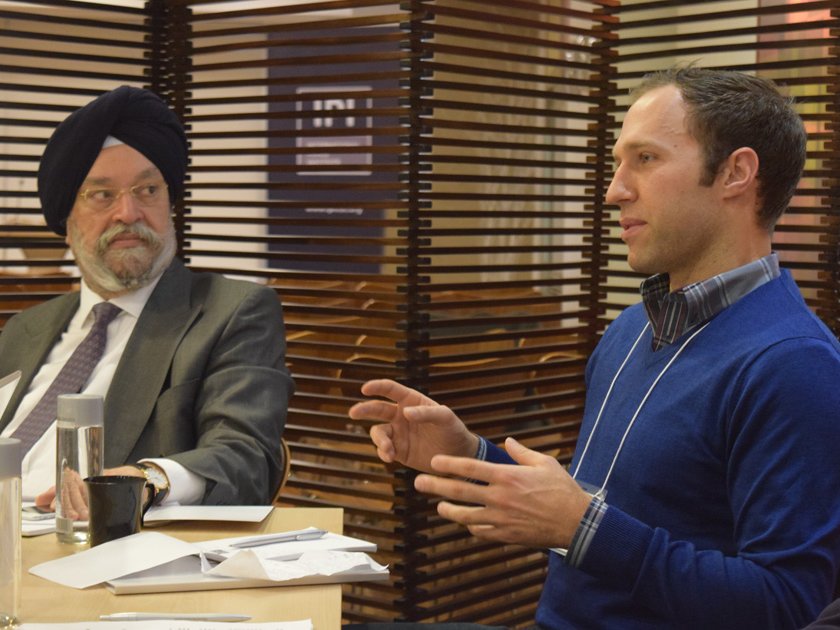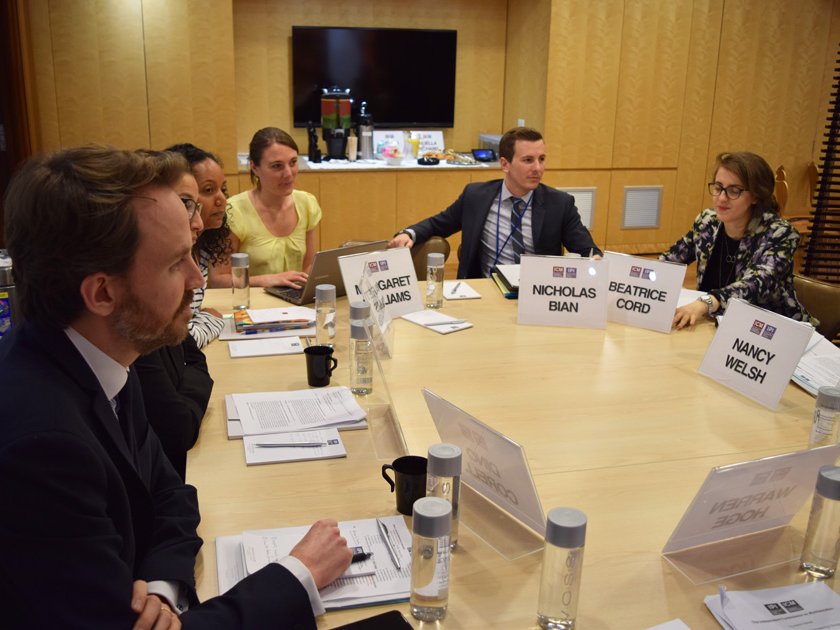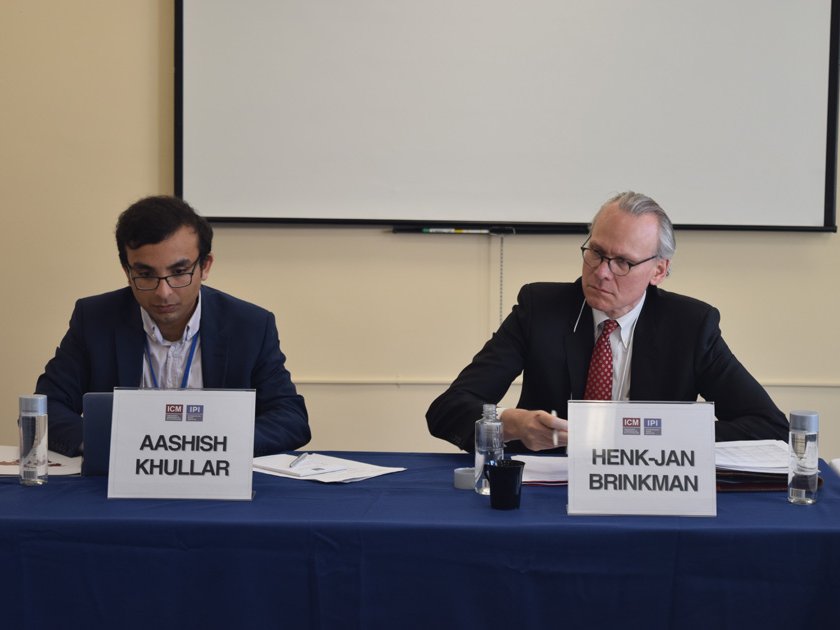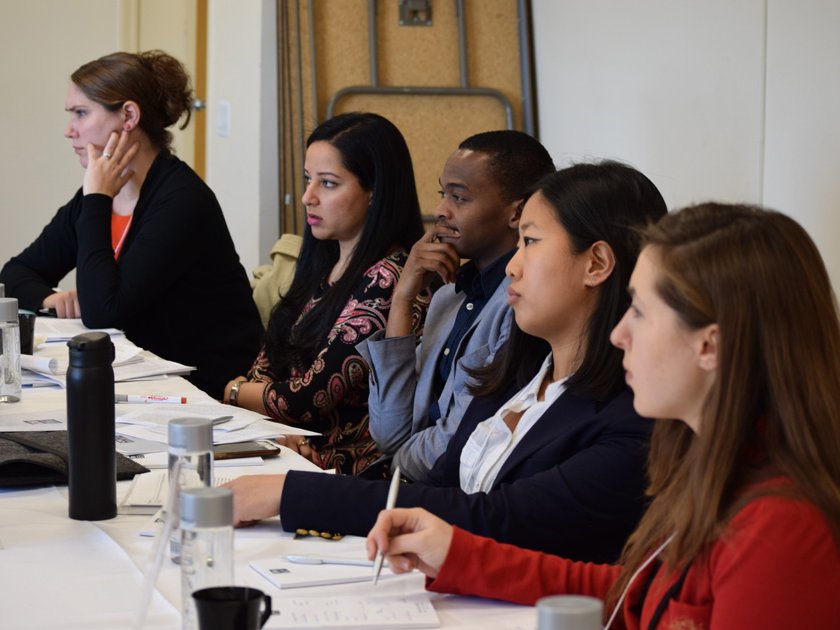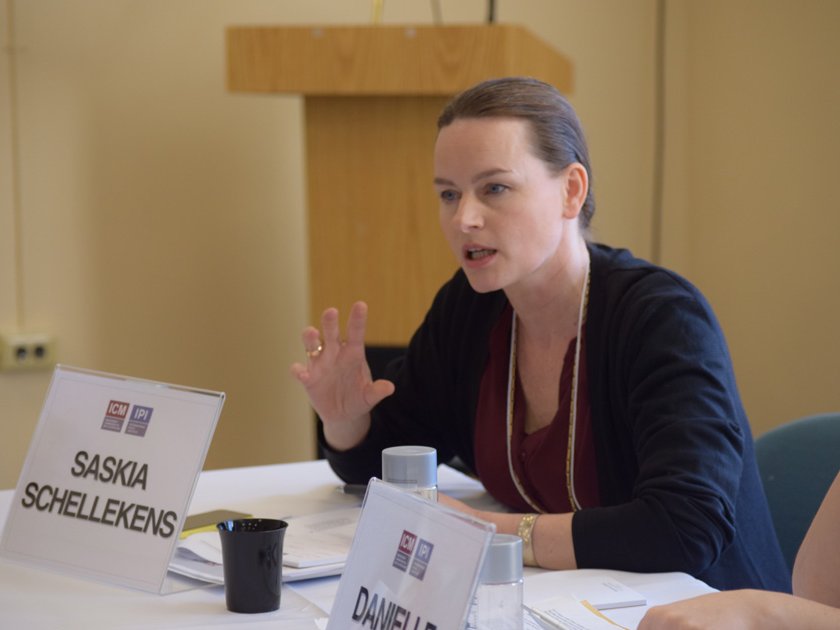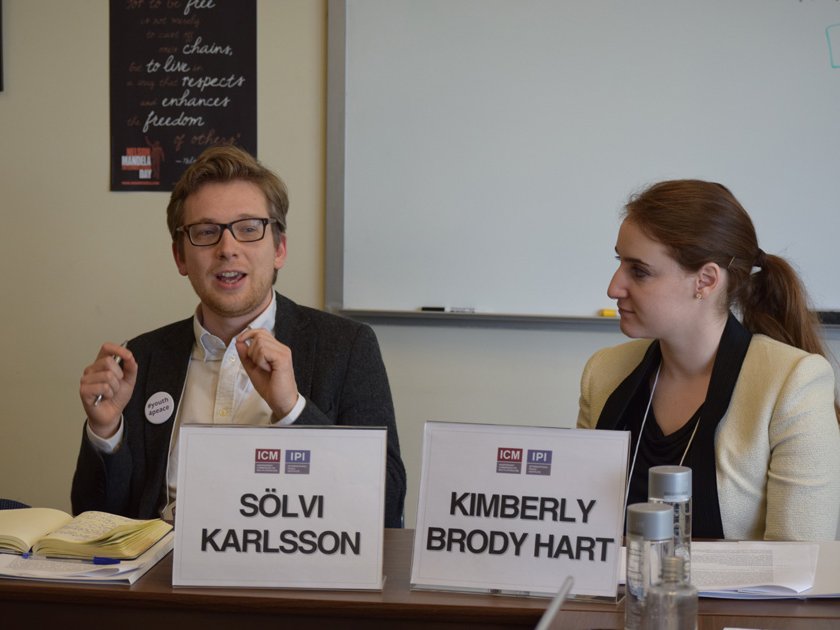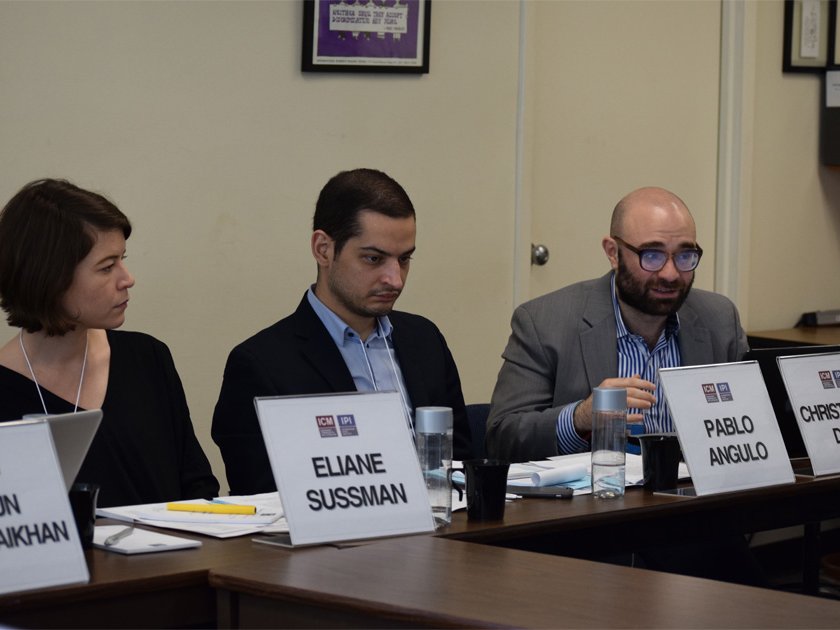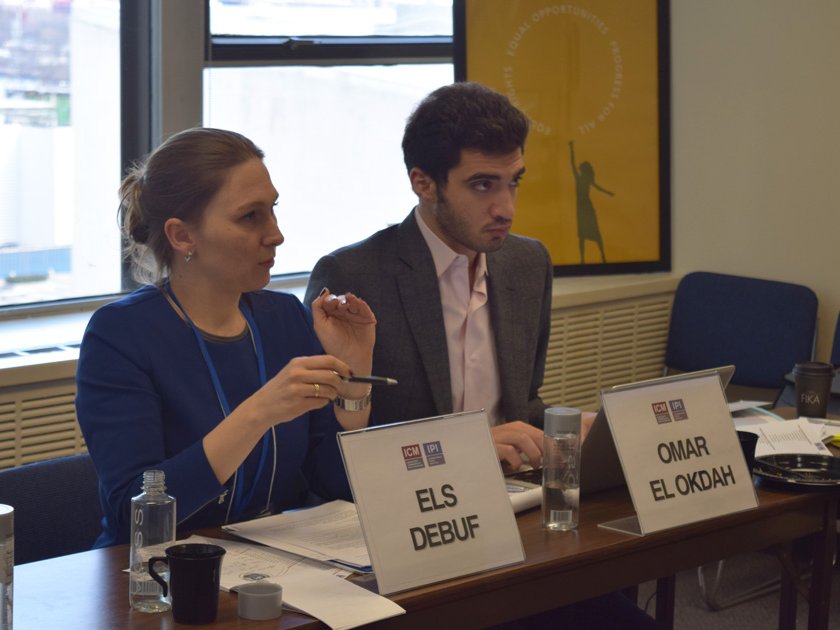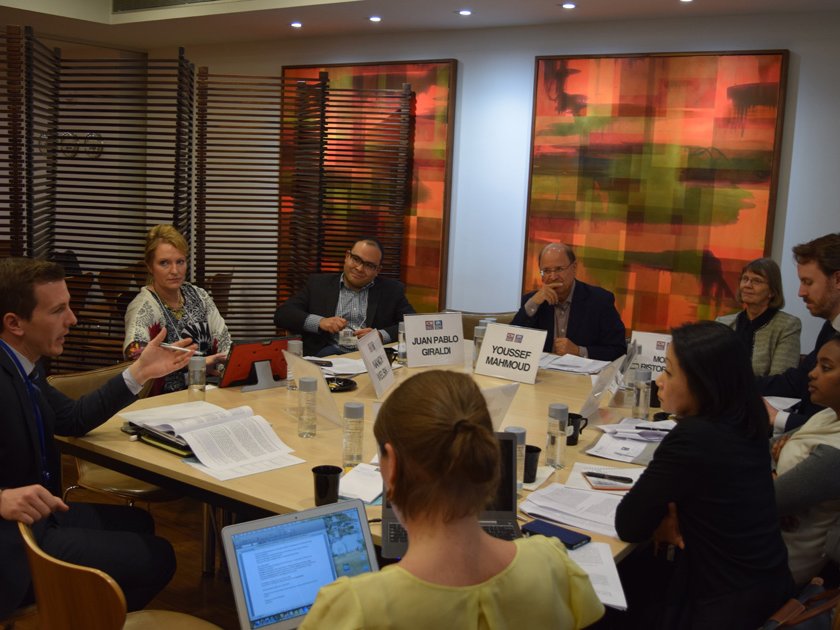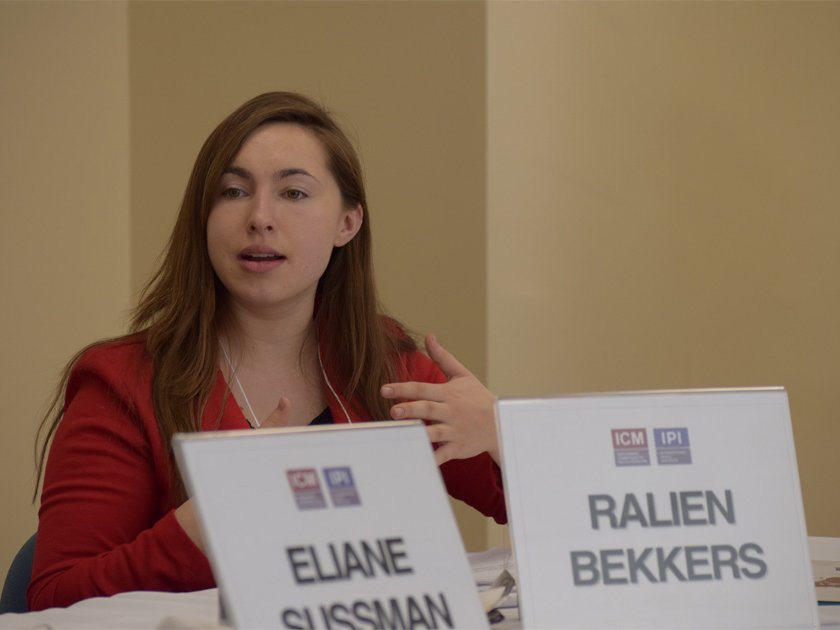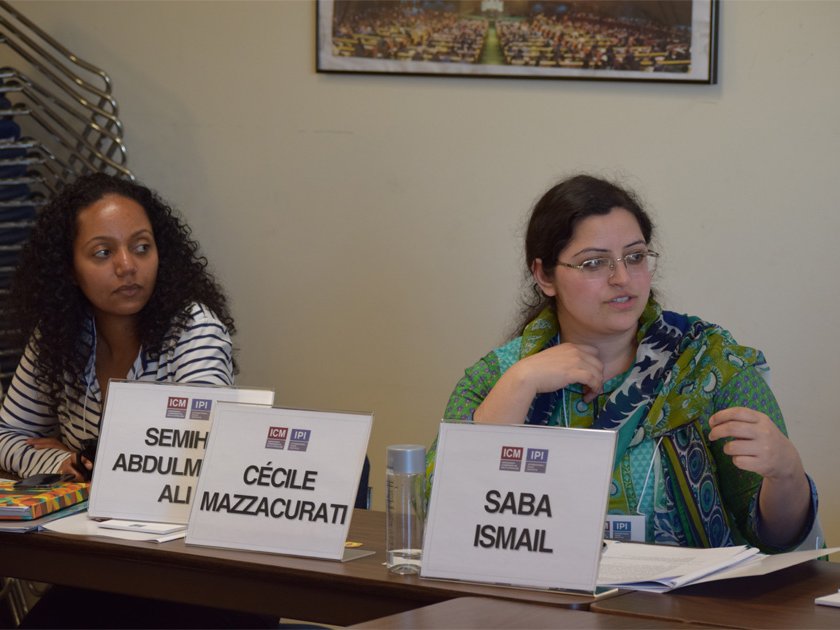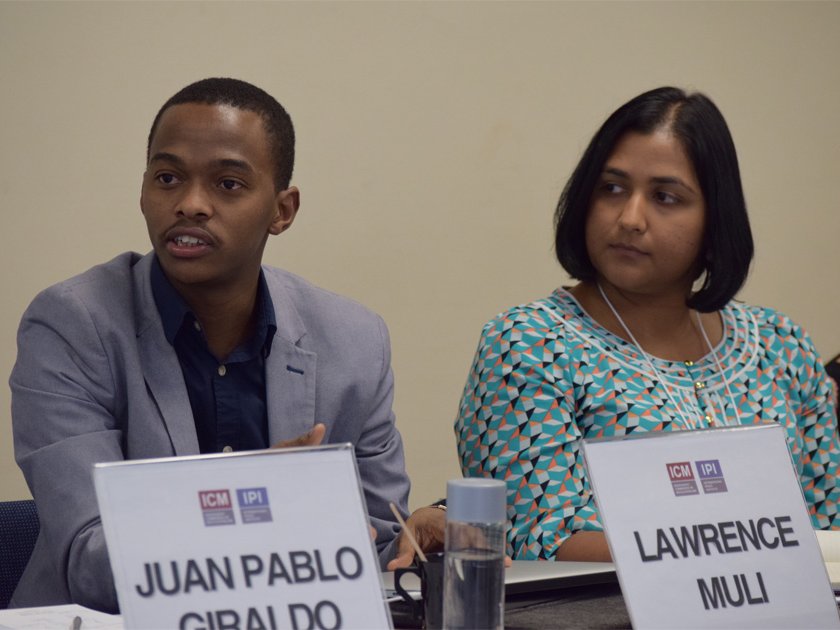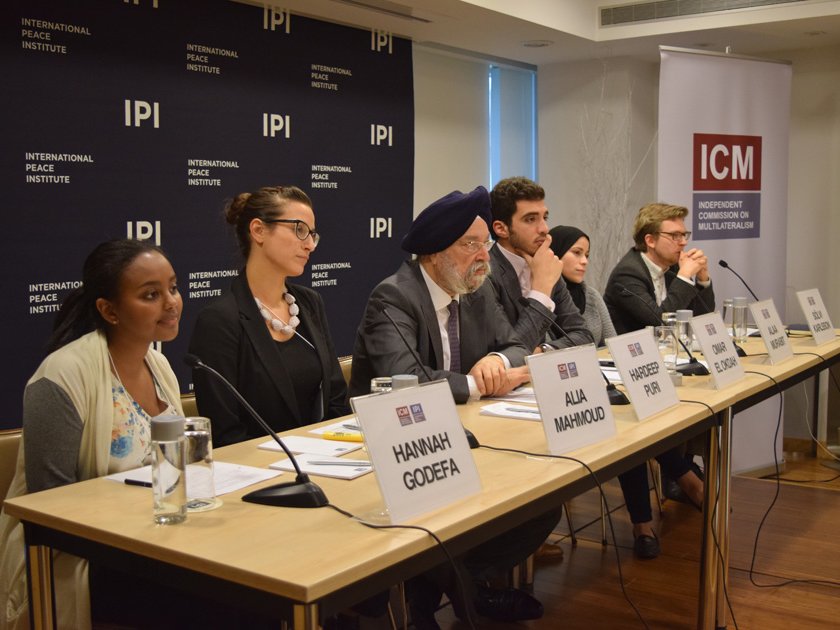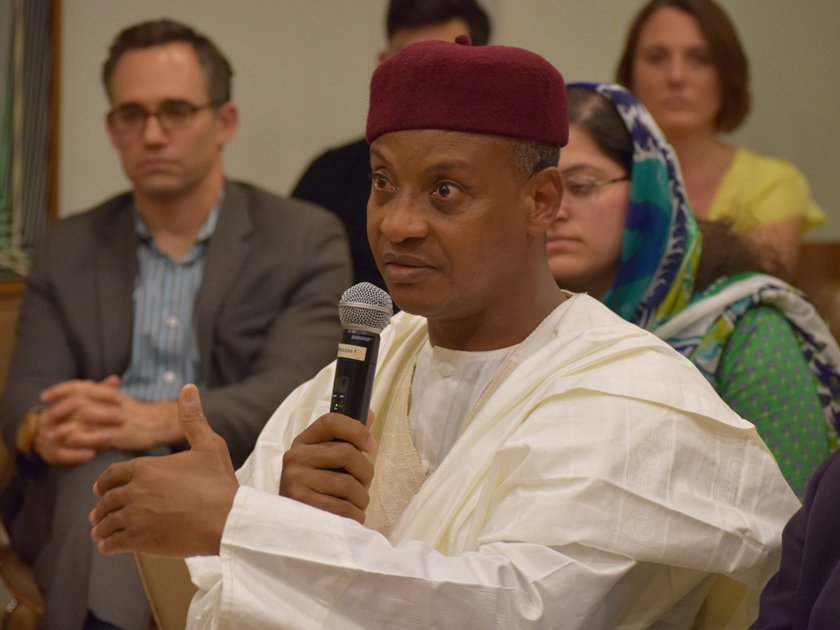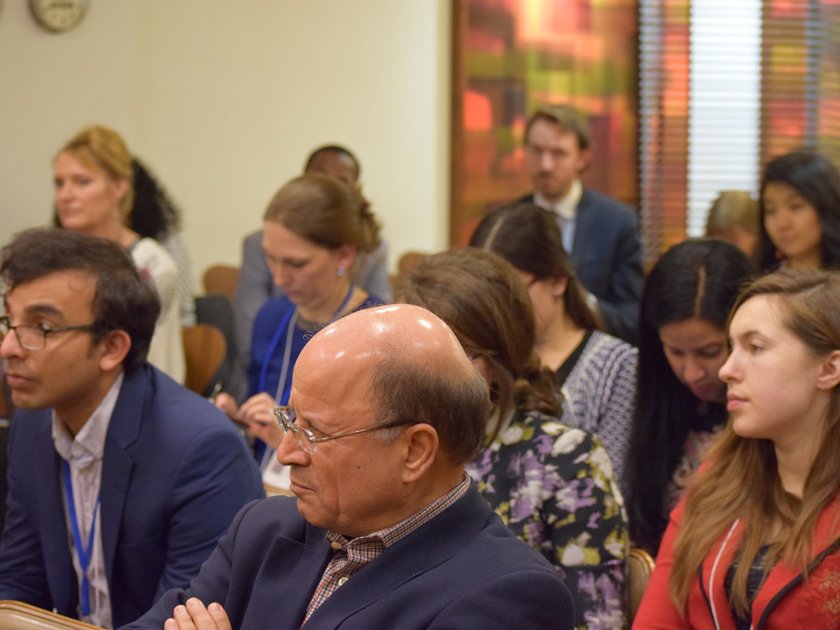People under the age of 24 make up 48% of the world’s population, representing a clear demographic and democratic imperative for their further inclusion and participation in policy-making circles at national and international levels. A lack of adequate representation has fostered a growing crisis of credibility and legitimacy among individual states and, consequently, the multilateral system. Including youth as fundamental partners in national and global policy, principally by empowering them via political and social platforms, is essential to the sustainability and legitimacy of a healthy multilateral system. Despite being relatively powerless within the political system, youth are energetic, creative, and essential in bringing about change. In order to maximize their potential, appropriate levels of investment in education and the creation of youth leadership positions within national and international structures are essential. Furthermore, any approach to addressing and educating young people and societies must be gender-sensitive. Without adequate engagement, support, and empowerment, youth remain excluded: a prime driver of radicalization and extremism.
The ICM convened its fourteenth retreat—on engaging, supporting, and empowering global youth—on February 25-26 at the International Peace Institute in New York. Participants included global young leaders from various sectors, representatives from the UN and other international organizations, experts from academia, civil society, the private sector, and select ambassadors to the UN. This ICM retreat presented a unique opportunity to explore the bulk of the ICM’s issue areas through the lens of youth engagement and empowerment. Most of the recommendations that the ICM will put forth are dependent on mobilizing young actors to inform and implement the various reform proposals, in particular, the ambitious 2030 Sustainable Development Agenda.
The retreat was organized around two sets of three breakout groups followed by a webcast wrap-up “town-hall” session at the end of the day to present the findings of the day’s brainstorming. The first breakout sessions discussed the following: youth economic empowerment and opportunity, the implementation of the 2030 sustainable development agenda, and enhancing social inclusion and political participation. The second breakout session addressed innovating education for young people, leveraging media and messaging, and youth involvement in countering and preventing violent extremism.
Discussions were held under the Chatham House Rule of non-attribution and were moderated by ICM Secretary-General Hardeep Singh Puri, IPI Senior Adviser Youssef Mahmoud, ICM Senior Adviser Dr. Els Debuf, ICM Senior Adviser Véronique Pepin-Hallé, and ICM Senior Policy Analyst Omar El Okdah. Dr. Alaa Murabit, Founding President of The Voice of Libyan Women delivered the keynote address. A discussion paper, based on the retreat discussions, will be posted online in April 2016.
Watch the Facebook Live Public Consultation>>
Read the ICM Interviews with:
Alaa Murabit
Matt Stempeck

